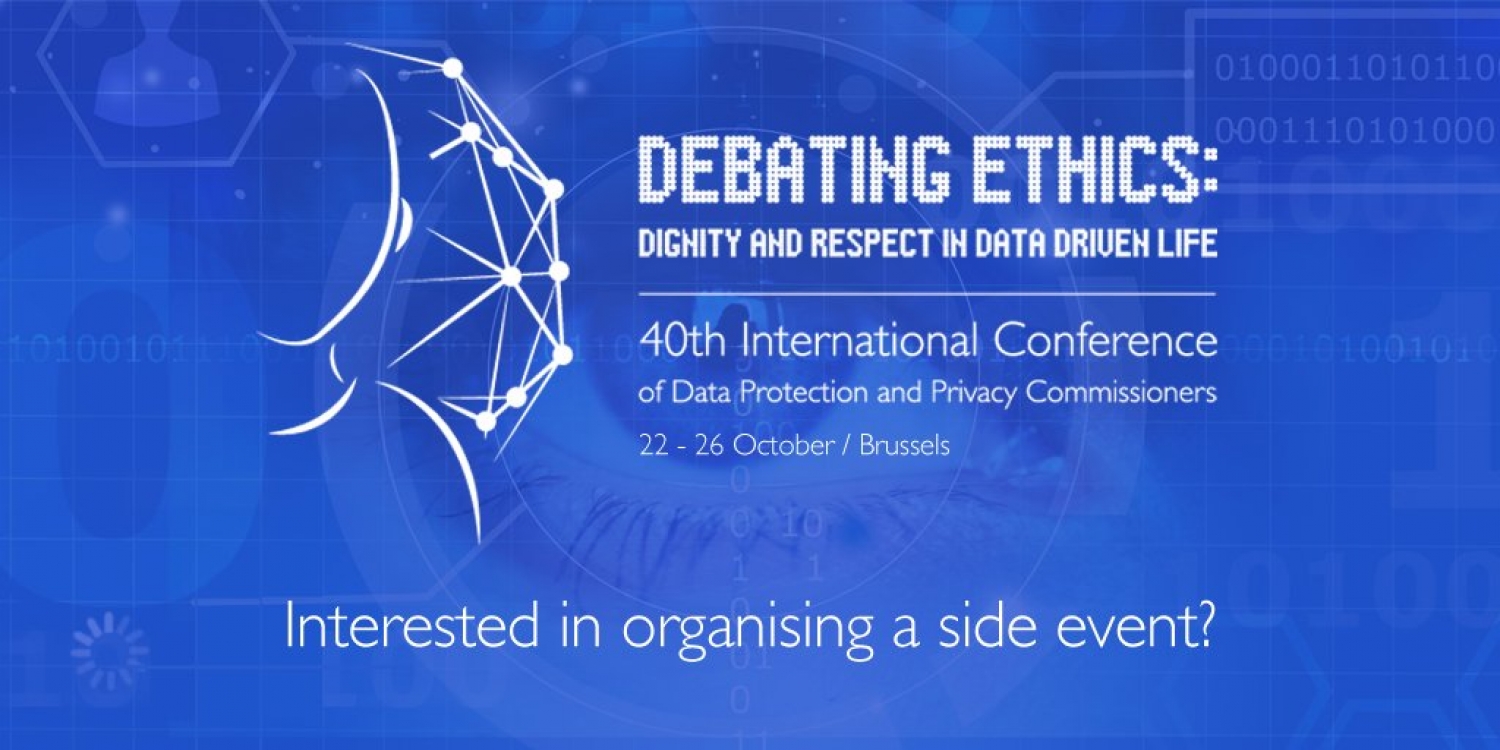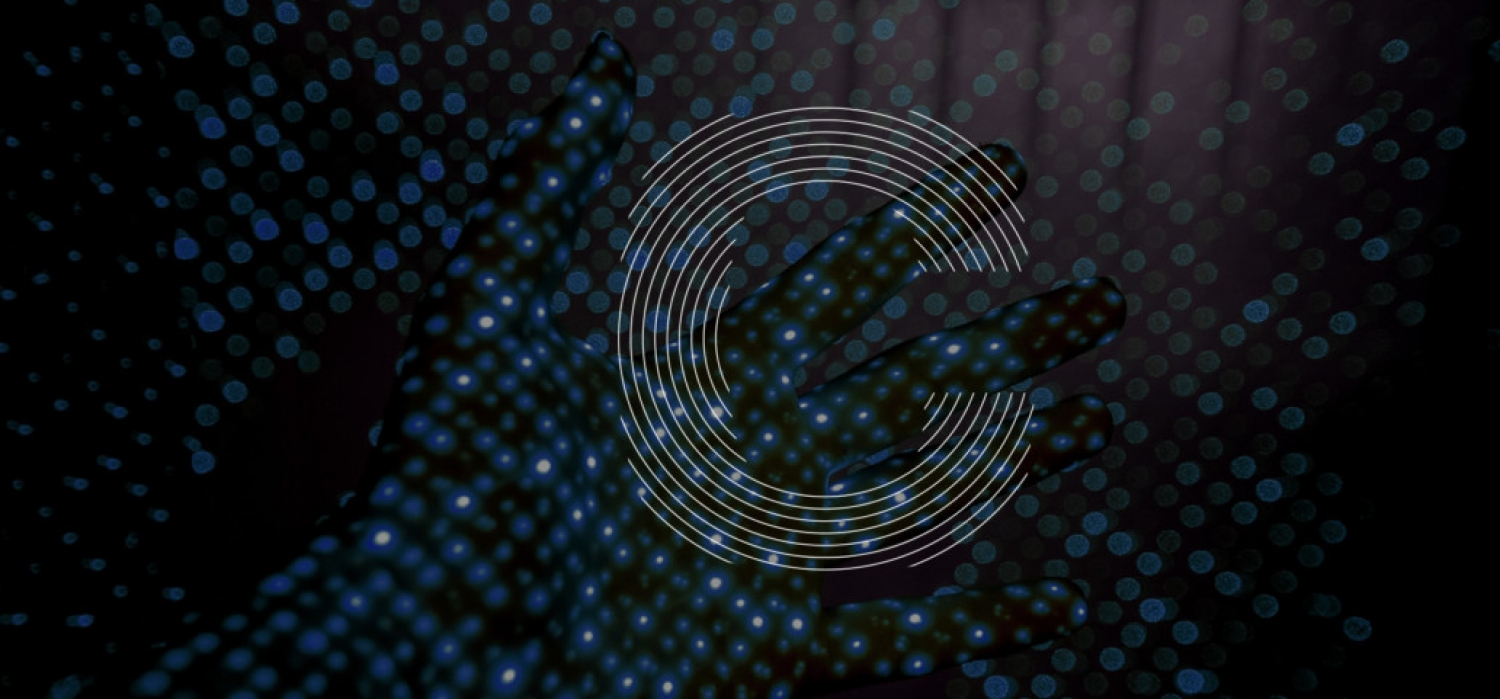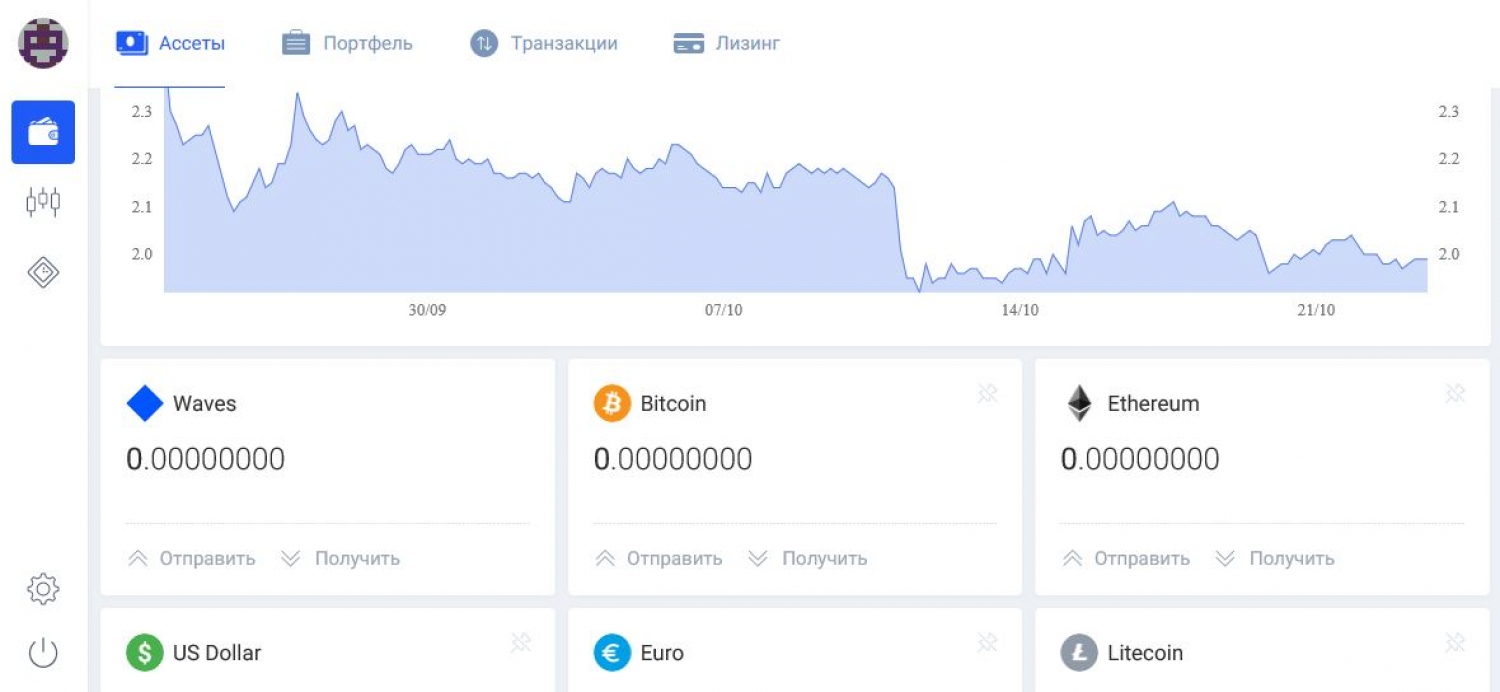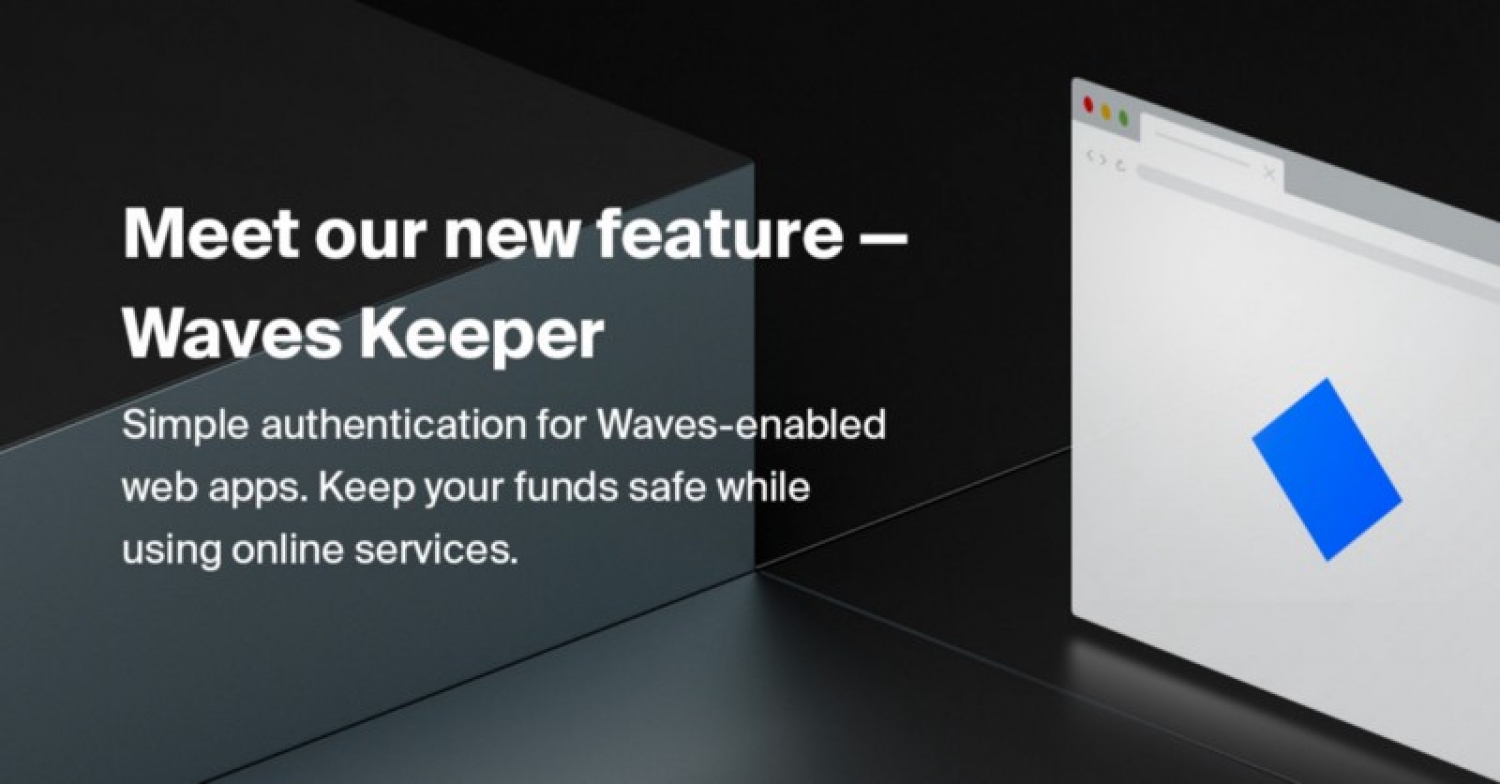Блог
DECLARATION ON ETHICS AND DATA PROTECTION IN ARTIFICIAL INTELLIGENCE
Written by Aleksandr PodobnykhThe Declaration on ethics and data protection in artificial intelligence was adopted at the 40th International Conference of Data Protection and Privacy commissioners (ICDPPC) on October 23.
The 40th International Conference of Data Protection and Privacy Commissioners is underway in Brussels this week. On Tuesday, the French data protection authority, the CNIL, the European Data Protection Supervisor and Italian DPA, the Garante, co-authored a new declaration on ethics and data protection in artificial intelligence. Along with the declaration's six principles, the ICDPPC, "in order to further elaborate guidance to accompany the principles," will establish "a permanent working group addressing the challenges of artificial intelligence development," an ICDPPC release states.
The working group "will be in charge of promoting understanding of and respect for the principles of the present resolution, by all relevant parties involved in the development of [AI] systems, including governments and public authorities, standardization bodies, [AI] systems designers, providers and researchers, companies, citizens and end users" of AI systems.
SWISS FINANCIAL ASSOCIATION PUBLISHES AML STANDARDS FOR DIGITAL ASSETS
Written by Aleksandr PodobnykhOn October 18, Capital Markets and Technology Association (CMTA) published AML Standarts for Digital Assets.
The standards provide guidance for the treatment of digital assets by both businesses and financial intermediaries.
As part of its mission to facilitate the adoption and use of distributed ledger technologies (DLT) in financial markets, the CMTA has developed a set of AML standards. These standards are designed to clarify for both issuers of digital assets and financial intermediaries dealing with such issuers or digital assets measures to be taken in order to comply with the Swiss regulations against money laundering and the financing of terrorism.
The standards aim to create a framework that facilitates the use of DLT – in particular blockchain technology – and the opportunities this brings to financing businesses, while preventing issuers of digital assets from being recipients of illicit funds.
CMTA’s standards have no statutory or regulatory status and are not compulsory. They represent a consensus among significant actors in the financial sector as to how applicable rules and regulations can be complied with and more generally an expression of good practice for the treatment of digital assets.
Source: CMTA - The Capital Markets and Technology Association.
To participate in a private pre-ITO platform, you need to purchase SICP tokens - 6hHaSKBVbZhJrAkr7GyvwBG4NhYyfXoDo3UfHTNxFn7x, on the decentralized exchange DEX (Waves - Bitcoin Wallet & Cryptocurrency).
Waves :: Bitcoin Wallet & Cryptocurrency - Download the app.
Waves Platform - Purchase Waves on the platform.
To purchase Waves, you can use a mobile application, a PC client, or even use an online client (in the browser). After that, you will need to go through the registration procedure and keep the keys in a safe place. As a result, a unique wallet number and the DEX exchange, which supports major cryptocurrencies and fiat currencies, will be available.
To replenish the wallet in USD (with a commission of only 1%), you will need to be identified - IDNow.eu.
Waves Ecosystem Comes To Your Browser. Waves has launched an extension to securely sign transactions. Now it is even more convenient to purchase token SICP.
The new Waves Keeper browser extension turns your browser into a keychain that enables you to sign transactions securely on third-party web resources without entering your seed or password. So now, if a Waves-integrated website or dApp requires you to sign a transaction, you can do it with just a couple of clicks, right in your browser.
This is the first version of the browser extension, which currently works only in Google Chrome. In forthcoming releases they are planning to extend its functionality and develop a cross-browser solution, available for all popular browsers.
Source: blog Waves Platform.
Search
Blog Category
Popular Post
Latest News
О КОСАтка
Корпоративная система аналитики Транзакция Криптовалюта Актив - кибербезопасность инфраструктуры блокчейнов и антифрод в криптовалютной сфере (антискам, прозрачность, комплаенс).
Связаться
Российская Федерация, Москва
Тел.: +7 (911) 999 9868
Факс:
Почта: cosatca@ueba.su
Сайт: www.ueba.su







